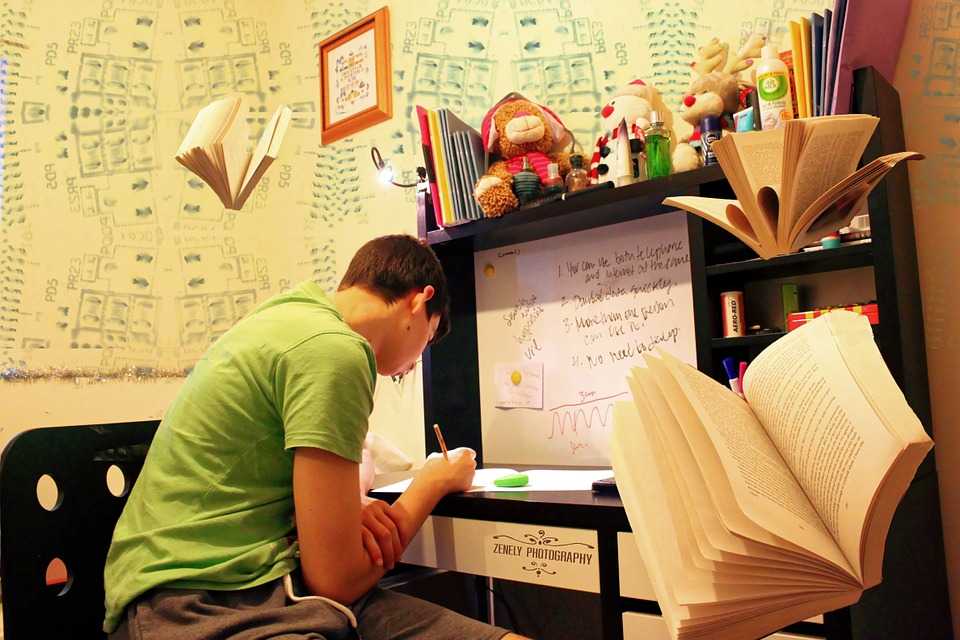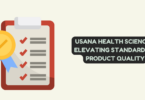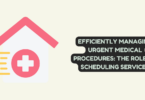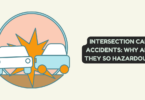
Exam
Imagine a world where testing is not just a mundane exercise but a dynamic, engaging experience tailored to bring out the best in every candidate. Where each question sparks curiosity, ignites critical thinking, and helps them understand the subject matter deeply. This article talks about cutting-edge exam creation solutions, where innovation meets education to revolutionize the way you evaluate knowledge and skills.
Diverse Question Types for Dynamic Assessments
When it comes to modern assessment, diversity is key. With a choice of over numerous question types and hundreds of variations, assessment becomes more than just right or wrong answers. From the traditional multiple-choice format to the more interactive slider interaction, candidates are presented with a plethora of options to showcase their understanding.
For instance, imagine presenting a candidate with a scenario and asking them to classify or match various elements within it. This not only tests their comprehension but also their ability to apply knowledge in situations involving real-life. By leveraging mediums such as written, spoken, and visual formats, assessments become more immersive and reflective of real-world challenges.
Engaging Through Interactive Content
Gone are the days of static, text-heavy assessments. With the advent of interactive content creation tools, educators can now craft visually appealing assessments that captivate and engage candidates. Whether it’s through hotspot interactions, drawing exercises, or video-based questions, the possibilities are endless.
Consider a scenario where candidates are asked to watch a video clip and analyze its content. This tests their comprehension skills and also their ability to interpret visual information—an essential skill in today’s multimedia-driven world. Including such dynamic elements into assessments, educators can better assess candidates’ ability to apply knowledge across different mediums.
Fostering Authentic Assessment Experiences
In the pursuit of meaningful assessment, authenticity is paramount. Using a powerful tool to create online exams that involve real-life question scenarios, educators can provide candidates with opportunities to demonstrate their skills in context. Whether it’s through video simulations, file uploads, or drawing exercises, authentic assessment allows candidates to showcase their abilities in a way that mirrors real-world challenges.
Candidates are presented with a scenario relevant to their field of study or profession and asked to respond to them accordingly. This tests their ability to think critically and apply concepts in practical settings. Having relatable scenarios and situations helps educators foster deeper engagement and encourage candidates to draw upon their own experiences and insights.
Encouraging Reflection and Creativity
Assessment is not just about testing what candidates know but also about encouraging reflection and creativity. By posing open-ended questions, educators can stimulate critical thinking and inspire candidates to think beyond the confines of predefined answers.
Consider asking candidates to reflect on a personal experience or share an anecdote related to the topic at hand. This provides valuable insight into their thought processes. It also encourages them to express opinions, emotions, and ideas in a meaningful way. Maintaining a casual, conversational tone and incorporating metaphors, analogies, and humour where appropriate helps educators create a more relaxed and inclusive assessment environment conducive to learning.
Conclusion
The landscape of assessment is evolving, and with it, the evaluation of knowledge and skills. By leveraging cutting-edge exam creation solutions, educators can create dynamic, engaging assessments that bring out the best in every candidate.






